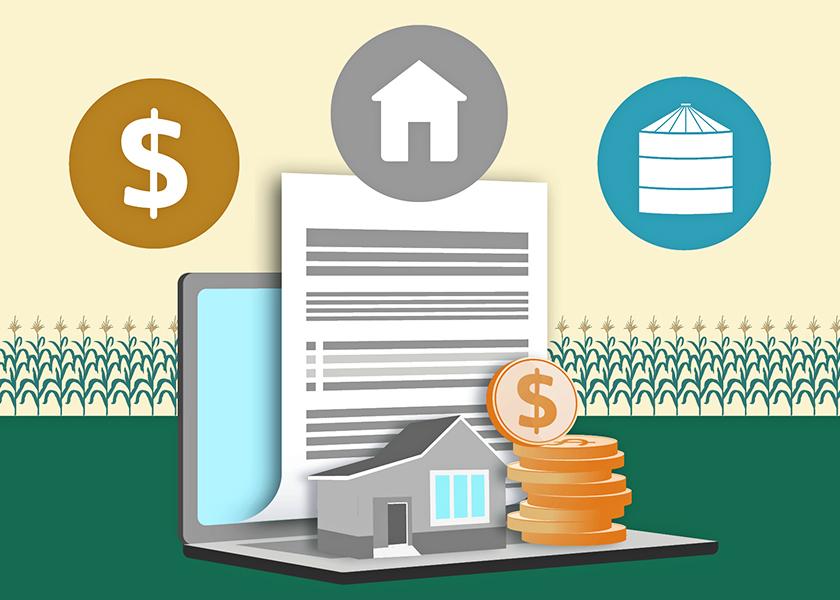What You Need To Know About Charitable Remainder Trusts

Charitable remainder trusts can be a great option for farmers preparing for retirement, but they don’t make sense for every operation.
Farm attorney Matt Folz recently joined the Top Producer podcast with Paul Neiffer to share four factors to consider before deciding to set one up.
Do you need to decrease your tax bill from selling assets?
Folz says the main purpose of a charitable remainder trust (CRT) is to avoid jumping to the top tax bracket the year you retire and sell the farm’s assets.
“When you’re done farming, you deal with a very large amount of assets that have a zero-tax basis. If you sell them, you are basically paying taxes on the whole amount,” he says. “The charitable remainder trust is designed to solve that issue. You transfer the assets into the trust, and it sells those assets.”
The CRT does not pay income tax at those initial sales and the money made is then paid out in annuities over time.
“It keeps you in a lower income tax bracket for a considerable amount of time,” Folz says. “I tell people they’re going to save taxes, and they’re going to benefit a charity. Even if you're not charitably inclined, I bet you like charity more than the IRS.”
Are you contributing everything this year, or over time?
If you’re interested in setting up a CRT, it’s important to know there are two types to consider: a charitable remainder annuity trust (CRAT) and a charitable remainder unit trust (CRUT).
Folz says the right one for your operation depends on when you are planning to sell your assets.
“For farmers who are potentially slowing down but not retiring, a charitable remainder unit trust allows you to make multiple contributions into that trust over different periods of time,” he says. “The charitable remainder annuity trust is on a one-time contribution. You can put everything in there but you can't contribute to it in the future.”
He adds many of his clients prefer the CRAT because it offers fixed payments over a period of time – something farmers aren’t typically used to having.
Is managing the trust something you want to take on?
While the CRT offers significant tax savings, Folz says some farmers decide paying bigger bill makes more sense for them.
“The CRT is the more complicated route – it doesn’t get easier than sell everything, pay one giant check and whatever is leftover is yours to deal with,” he says. “Not everybody wants to deal with an attorney and an accountant every year to look at their charitable remainder trust and stay on top of actually taking the annuity payments and making sure the investments are where they need to be.”
What are your retirement plans?
Another reason some farmers decide against creating the trust is due to their plans post-retirement.
“People have big goals – they want to travel and do a bunch of stuff,” Folz says. “If you convert it into an annuity, that’s your income. If you sold everything, you get more money initially and maybe that better suits your retirement goals.”
To hear more from Folz on CRTs and succession planning, listen to this episode of the Top Producer podcast.







